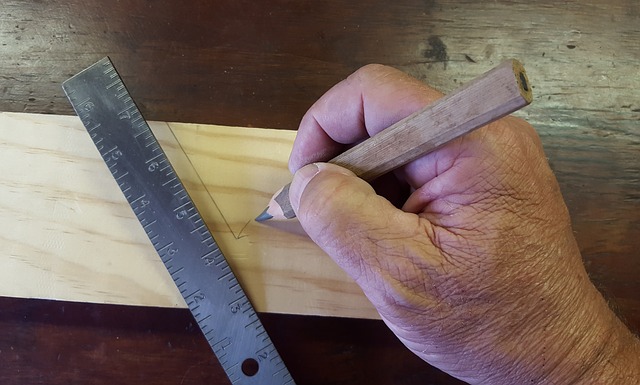Woodworking: 3 Beginner Questions Answered
So, you wanna be a woodworker, huh? Well, it’s no secret that becoming a skilled woodworker takes lots of practice and a bit of talent. And when you’re first starting out, it can take some digging around to know how and where to begin your woodworking journey.
Luckily for you, we’ve done a little digging ourselves to help answer some of the questions that’ll crop up as you take steps to make woodworking your newest hobby:Â
1. What skills do I need to be a good woodworker? In truth, woodworking entails a little of everything, but let’s start with the most basic skills that’ll get your first project under way. Firstly, you’ll need to acquire some workshop savvy–that means learning how to drill holes, choose the right screws, and use hand and power tools. Mathematical aptitude is also a necessary skill to help you measure and cut materials accurately.
But the most important skill is creative thinking. Creativity will help you envision projects well in advance as well as make mistakes look like they were completely intentional. Simply put, creativity in design and skill application can make the difference between a mishap and a masterpiece.
2. What are some of the tools I need to get started? While your selection of tools depends on which type of woodworking you plan to do, most beginner woodworkers can complete their first couple of projects with a basic list. Here’s what you’ll need to build a starter kit:
- Hand Tools. Coping saws, hand saws, and chisels will help you achieve the perfect cut. To mark up those cuts, you’ll need to have bevels, straight edges, squares, and scribing knives handy. Additionally, you’ll likely need a hand plane to smooth and shape the wood. And don’t forget to invest in a good tape measure.
- Power Tools. At the outset, it’s best to purchase just a few standard power tools. A circular saw, drill press, power drill, router, and random orbital sander are enough to get you started. You don’t even have to buy them brand new. As long as they get the job done and help you become comfortable with the woodworking process, then second hand tools are sufficient.
- Safety Equipment. In any workshop, there’s always a chance that you’ll get hurt–after all, you’re working with some pretty heavy duty tools! To keep you safe, it’s a good idea to invest in high quality safety equipment like impact resistant eyewear, dust masks, earplugs or earmuffs, and a dust collector.
3. What common mistakes should I be on the lookout for? By far, the most common mistake newbie woodworkers make is failing to take wood movement into account when starting their first build. Many complete their first projects only to find that the tool chest, wine rack, or storage box they’ve proudly built explodes or falls apart just months later.
Wood movement happens because the moisture content in wood changes with temperature and humidity levels throughout the seasons. The colder it is, the more the wood shrinks. The hotter and more humid it is, the more the wood expands.
To prevent a first project mistake like this, you can either 1) leave enough space between joints for the wood’s inevitable expansion, or 2) plan assembly so that board expansion happens at the same time and in the same direction. Either way, just being aware of wood movement puts you leaps ahead of other woodworking newcomers.
With all that said, be easy on yourself while tackling your first few projects. Mistakes will be made and frustration is sure to get the best of you at times. Just remember that it’ll take some time to build your skill set and technique, so until then it’s best to go with the flow (and learn as you go).

